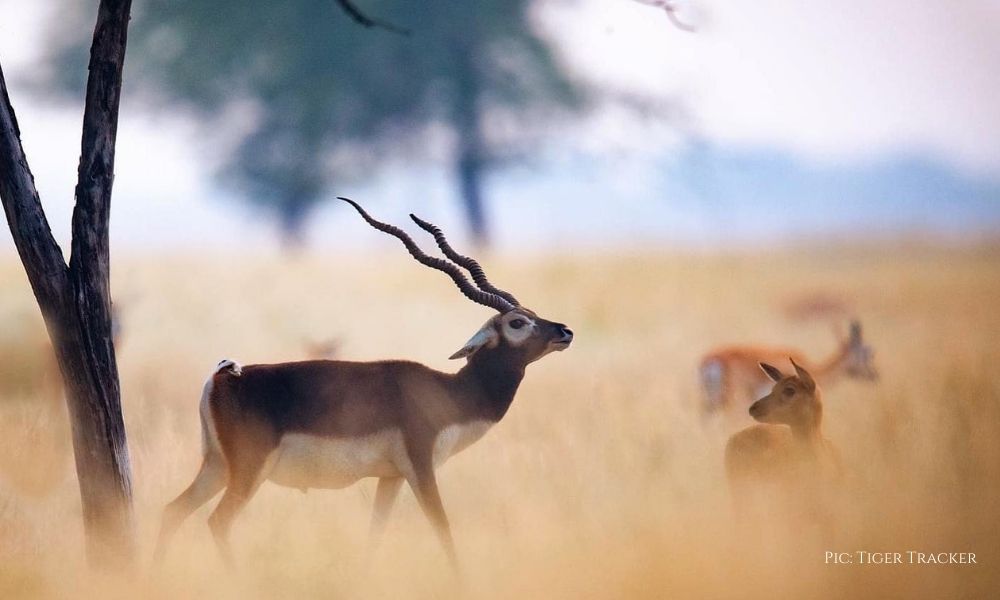Khushi Doshi
Published on: April 22, 2022 at IST
The Parliamentary Standing Committee on Science and Technology, Environment, Forests, and Climate Change released its Report on the Proposed Bill, which was tabled in the Lok Sabha last December.
The Standing Committee, led by Congress Rajya Sabha member Jairam Ramesh, discovered that several species were left off of the Environment Ministry’s planned animal and plant schedules, and has suggested that the schedules be altered to include these species.
The Wild Life (Preservation) Act of 1972 establishes a Legislative framework for the protection of diverse wild animal and plant species, habitat management, and the regulation and control of commerce in wild animals, plants, and goods derived from them.
The Act also establishes a schedule of plants and animals that the Government protects and monitors to varying degrees.
The Act has been revised multiple times, with the most recent revision being in 2006.
The rationalization of the calendar for animals and plants, according to Ministry Officials, was long overdue. The Ministry has reduced the number of schedules for species from six to three: Schedule I for species that will get the highest level of protection, Schedule II for species that will receive a lesser level of protection, and Schedule III for plants.
While the parliamentary committee supports the rationalization and reduction of timetables, it “Discovers several species absent in all three schedules.”
“The Committee would also like to point out that due to the reduction in the number of Schedules in the Bill, many species fail to appear in either Schedule I or Schedule II,” it said.
The Ministry had recommended Provisions for better care of seized and surrendered wild animals, but one specific Amendment in this regard, which allows for the transfer or transport of elephants, has sparked widespread concern among wildlife conservationists and State Governments that this could lead to elephant trading.

